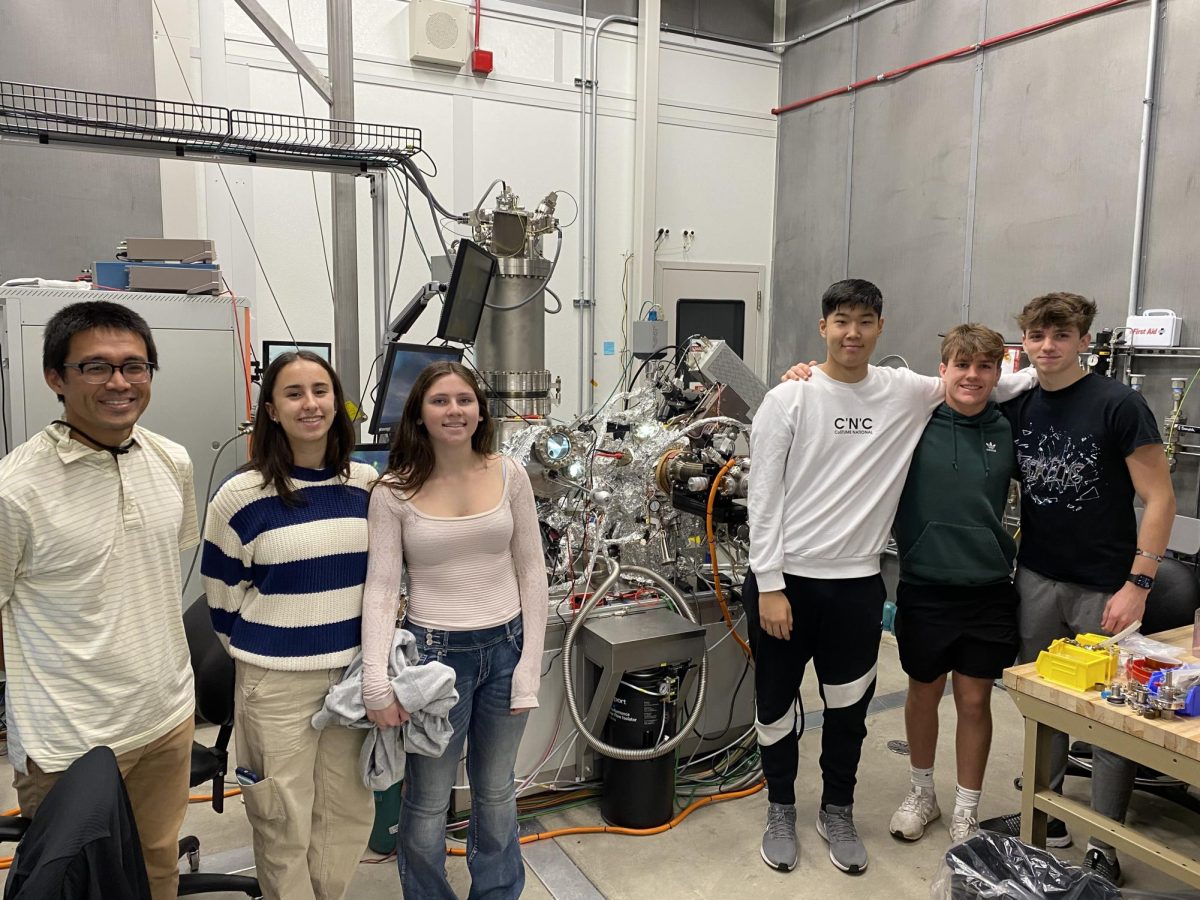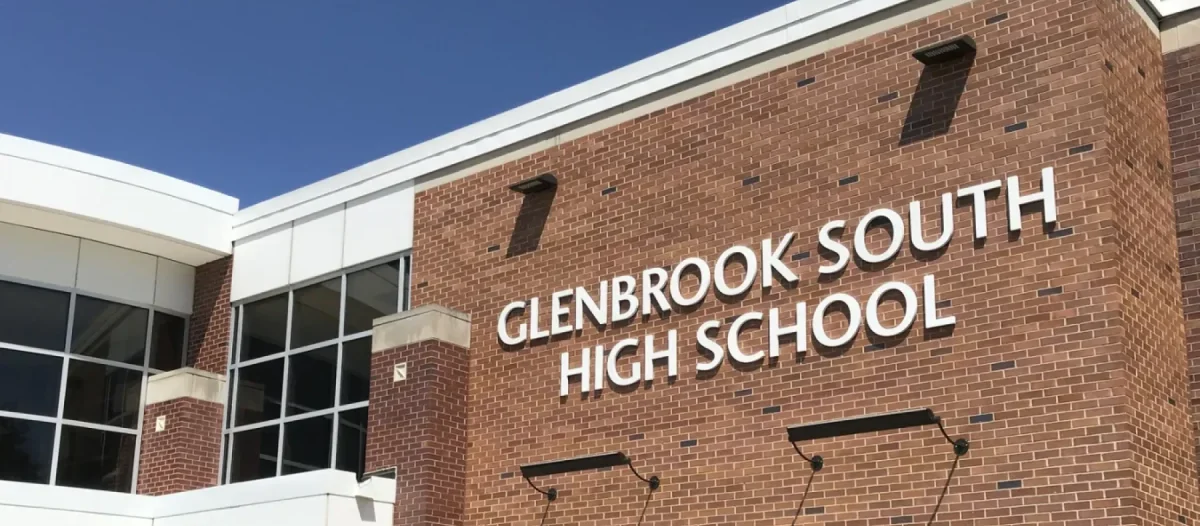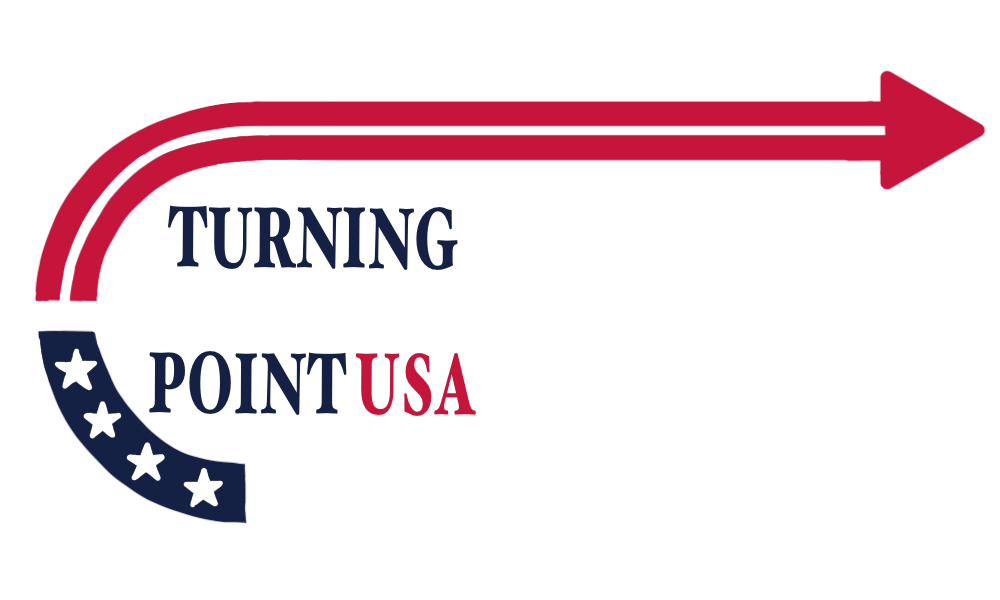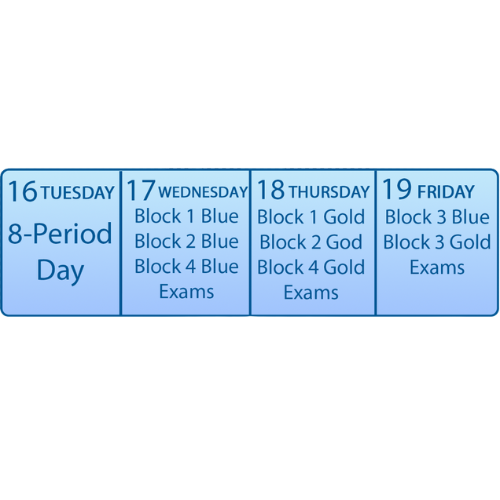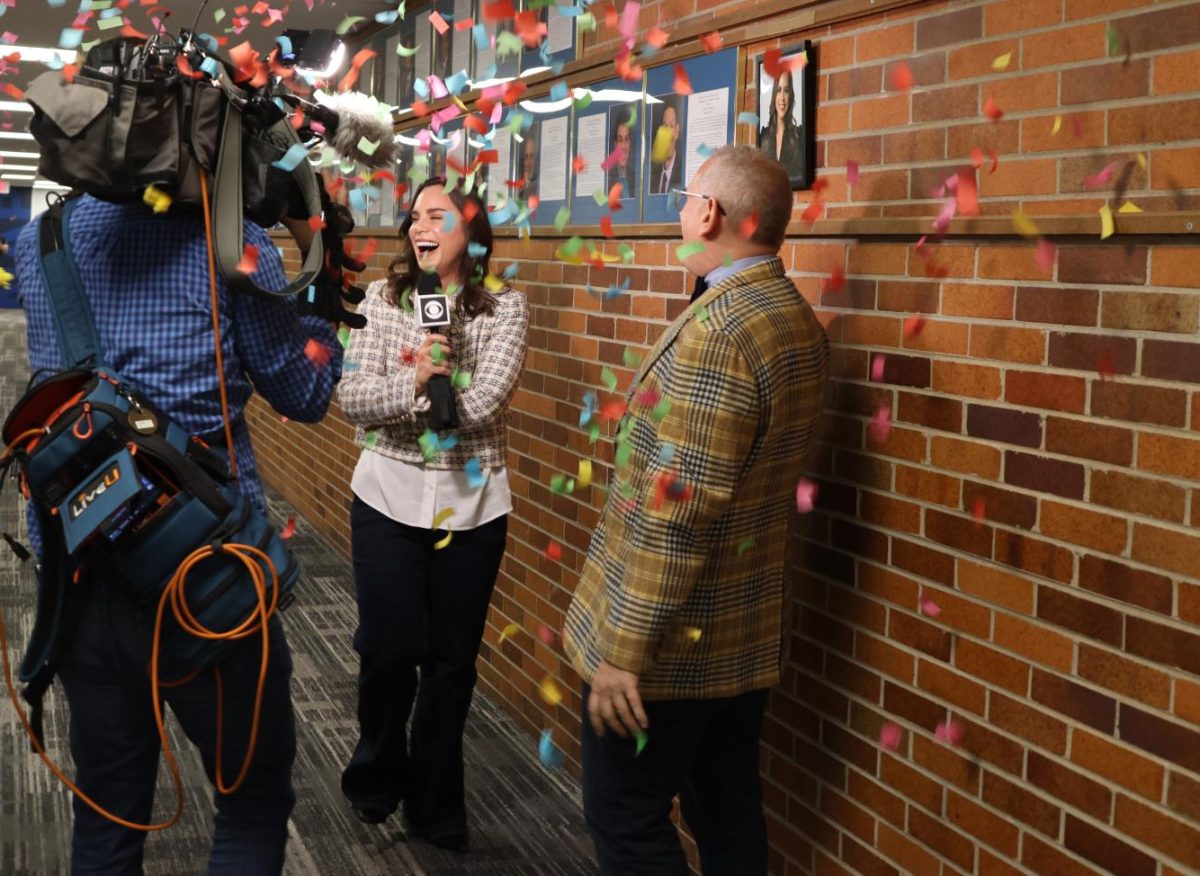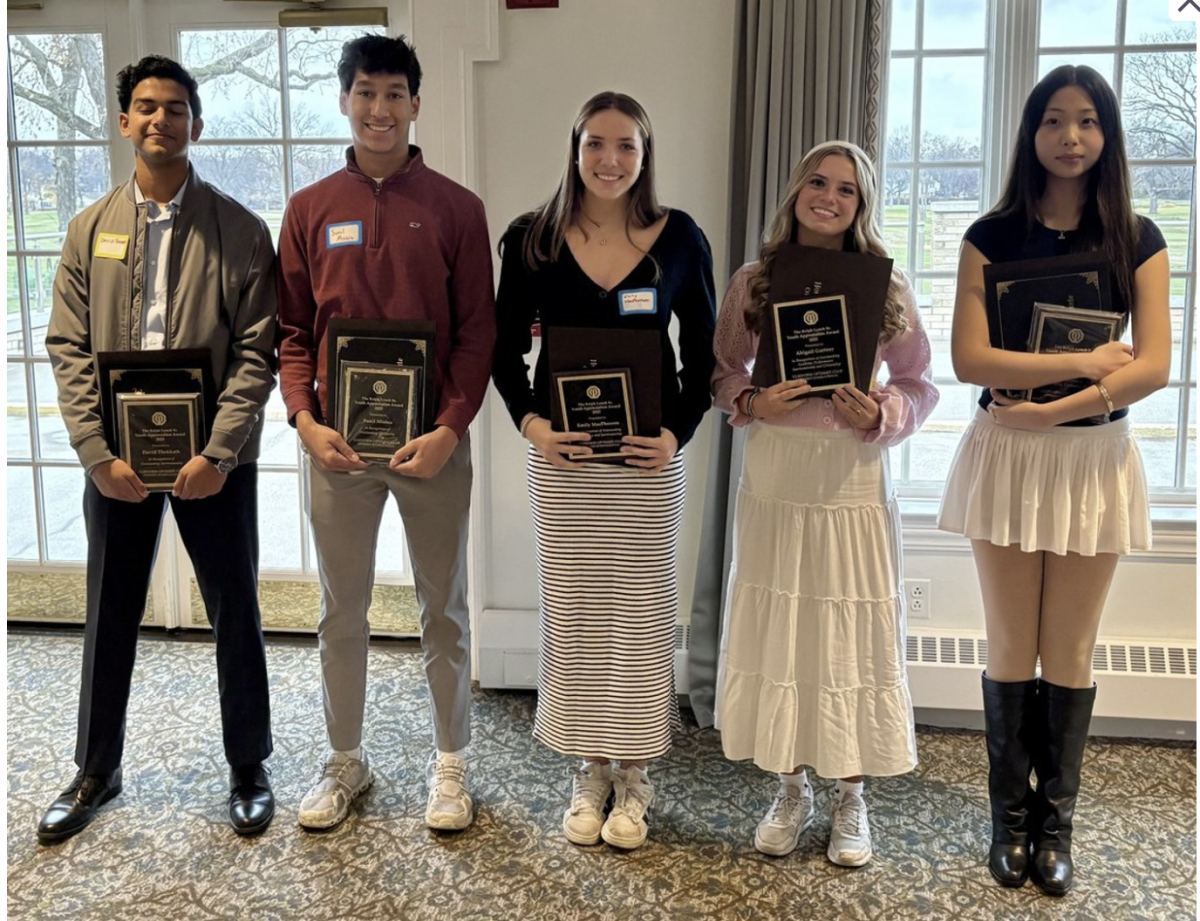Exemplary Student Research Program (ESRP) is a co-curricular program allowing South students to participate in college-level research at the Argonne National Laboratory in Lemont, Illinois, Jeff Rylander, Science Instructional Supervisor and ESRP Co Sponsor explained. This year, South students are researching how to capture carbon created in the atmosphere, Rylander said.
The program is year-long and includes sophomores, juniors, and seniors, Rylander explained. Students work alongside scientists to produce and submit a scientific proposal, collect and analyze data, and make a poster containing the contents of their research, he said. For their presentation this year, students will cover the topic of carbon dioxide in the atmosphere, Rylander added.
“[Humans], cars, [and other things] produce carbon dioxide. If the amount of carbon dioxide in the atmosphere continues to [grow] and goes [too fast for] photosynthesis to reverse [it], then [it is a] concern,” Rylander said. “[Our] experiment [is trying to find a] way to take some of this carbon dioxide out of this atmosphere.”
At Argonne, students work with tools in the Center for Nanoscale Materials, particularly the microscope, senior Tali Gankin said. It shows the tiniest of atoms in materials, which shows the students how to improve carbon capture from the air to help with climate change, she added.
While ESRP is generally low-commitment, students are expected to keep up with their research and deadlines, junior Alex Lukas said. They also are required to take full-day field trips, which usually happen four times a year, Lukas said. Field trips give the members an opportunity to tour Argonne and become educated about the equipment that will be provided and used later for students.
“We are just getting used to the equipment [that] we are going to use and [getting to know] the scientists that we are going to be working with,” Lukas said.
Gankin, who has been in ESRP since her sophomore year, describes her experience in ESRP as interesting and fun, Gankin said. It is helpful to start during sophomore year to have many mentors, she added.
The longer you are in the program, the more interesting the research is, Gankin said. She is also grateful for the program because it allows her to research topics outside of a high school level.
“It was such an eye-opening experience to do work that I thought only college students were doing,” Gankin says.
Not only do students work together with scientists at Argonne, they are able to learn valuable communication and collaboration skills with them. They serve as role models, teaching and pushing students to have the same passions in their research, senior Ryan Choi said.
“At first, the new terminology and technology [seemed] really daunting, but [with help], I eventually got the hang of the laboratory and the responsibilities,” Choi said. “[It was important] for me to realize that the scientists were actually really welcoming and didn’t care about prior knowledge.”


